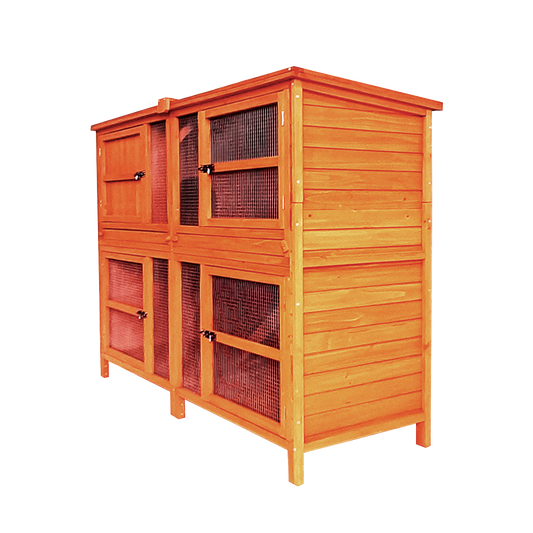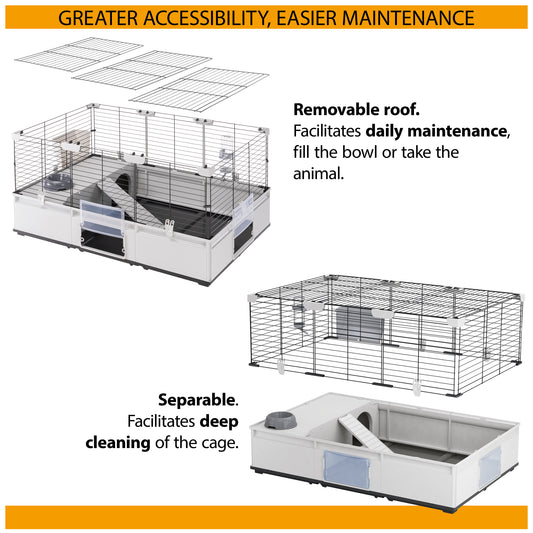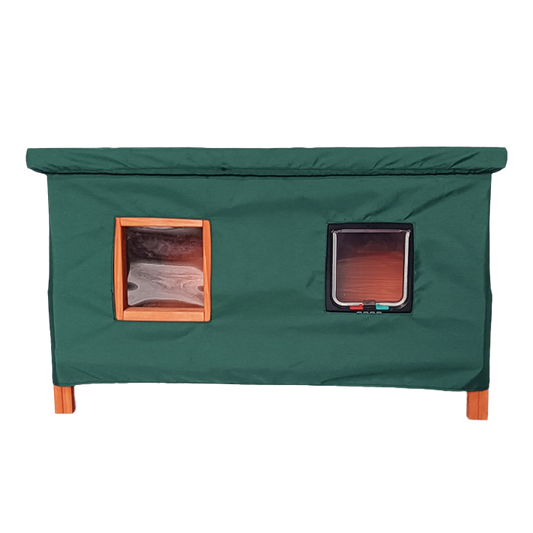If you’ve started to notice your eyes watering when snuggled up close to your pet, don’t ignore it. Bad breath isn’t normal and can be a sign of disease so it needs to be investigated.
The most common cause of bad breath in dogs and cats is a result of poor oral hygiene. According to The Royal Veterinary College, gum disease (also known as periodontal disease) affects over 87% of dogs and 70% of cats over three years old. This is caused by a build-up of plaque, which is the sticky substance made of bacteria that coats the teeth after an animal has eaten. If it is not removed, it can cause inflammation and irritation of the gums. This will cause stinky breath and is the first sign of gum disease.
Periodontal disease is easily prevented by a regime of regular brushing and dental check-ups by a vet. However, if good oral health is not maintained, it can lead to mouth pain, tooth loss, and infection which has the potential to enter an animal’s bloodstream and affect their internal organs.
Brushing up on oral hygiene
Vets will tell you that the number one way to avoid periodontal disease is with regular tooth brushing. Ideally, you should be brushing your cat or dog’s teeth every day but as often as you can manage will make a difference. If you build brushing in as part of the day-to-day care of your pet, it will help you keep on top of any plaque developing. Perhaps get into the habit of having a quick brush before bed or after each grooming session.
Pets are more likely to accept regular toothbrushing if they’ve been introduced to the idea at a young age, so this is something that it is best to get your puppy or kitten used to as early as possible. Older pets will get used to brushing if introduced gently and slowly with lots of praise given.
You will need to get a pet-specific toothpaste to use as human toothpaste contains ingredients that would be toxic to an animal if swallowed. Pet toothpastes are designed to be appealing to cats and dogs, often coming in meaty flavours. To start with, put a little paste on to a small-headed toothbrush or soft finger brush and let your pet have a taste. Don’t rush the process if your pet is nervous. Give them time to get used to it by just brushing a little at a time at first.
Keeping teeth clean
There are other things that you can do in addition to brushing to help with your pet’s oral hygiene. You can use these alongside brushing or in place of brushing if that is not possible.
- Oral hygiene powder supplements – these products are designed to be sprinkled on a pet’s food and, when mixed with an animal’s saliva, help to dissolve plaque.
- Dental health solutions – like the powder that you add to food but these are liquids that you add to your pet’s drinking water.
- Dental chews – the shapes of these chews help to scrape away plaque from the surface of the teeth and they often have ingredients like parsley, fennel or eucalyptus oil to freshen breath.
- Chew toys – the action of chewing also stimulates saliva, which washes bacteria away from the teeth.
- Dry kibble – it is generally thought that dry kibble is better for teeth than wet pet food, which tends to stick. The crunching of kibble helps keep plaque off of the surface of the teeth.
Other causes of bad breath
Although the majority of cases will be due to dental issues, there are some other more serious conditions that can cause bad breath. If you notice any of the following, you should seek veterinary advice as soon as possible.
- Diabetes – sweet, fruity-smelling breath like pear drops or nail polish remover.
- Liver disease – musty-smelling breath like sulphur or rotten eggs.
- Kidney disease – breath that smells like ammonia, bleach or is fishy-smelling.
Bad breath could also be a sign that an animal is deficient in a vitamin or mineral, or something in the food they are eating is upsetting their digestive system. If your pet is fed a healthy, balanced diet they should be getting everything they need for optimum health so if you notice them starting to become whiffy, it’s worth getting them checked over by your vet.
If you found this article interesting, you may like:
Your Simple Guide to Pet First Aid









